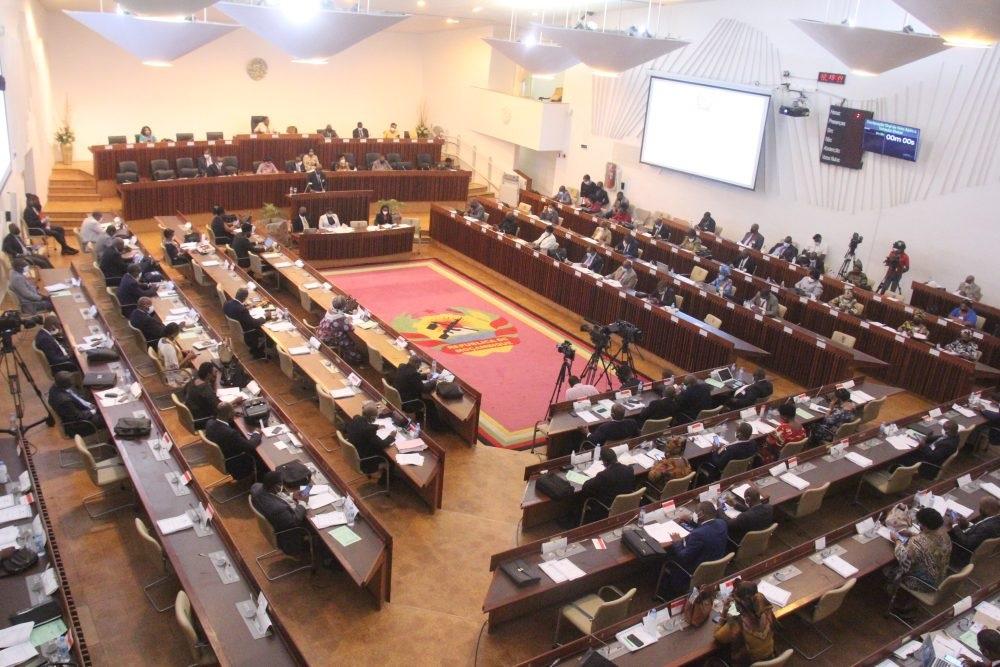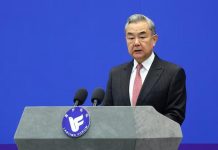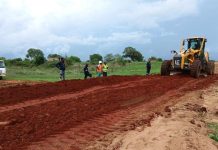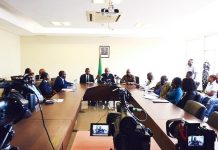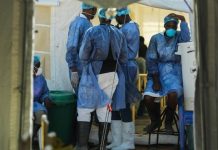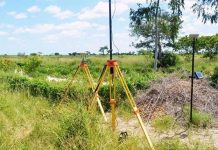Africa-Press – Mozambique. The Mozambican parliament, the Assembly of the Republic, on Wednesday passed the final reading of the government’s budget and plan for 2022, with all opposition deputies voting against.
This repeated the same pattern seen in every budget debate since the first multi-party elections of 1994. This time 191 of the 250 deputies were present in the chamber. The 143 deputies of the ruling Frelimo Party voted in favour, while the 48 deputies of the two opposition parties, Renamo and the Mozambique Democratic Movement (MDM) voted against.
The plan envisages economic growth in 2022 of 2.9 per cent. Introducing the budget last week, Prime Minister Carlos Agostinho do Rosario, predicted that the final figures for this year will show a GDP growth rate of 2.1 per cent. While this is certainly much higher than the negative growth rate of minus 1.3 per cent registered in 2020, it is, at best, much the same as Mozambique’s population growth rate of 2.8 per cent.
The government hopes to keep average annual inflation in 2022 to 5.3 per cent. The latest annual inflation figure (for the period 1 December 2020 to 30 November 2021) was 6.77 per cent.
Other key targets, the Prime Minister said, were to reach exports of 5.2 billion US dollars, to attract foreign direct investment of 3.2 billion dollars, and to maintain net international reserves at a level that will cover six months imports of goods and services.
Broken down by sector, the government is expecting growth of 4.7 per cent in agriculture, but only two per cent in manufacturing industry. A 4.1 per cent growth in the extractive industry is forecast, accounted for mainly by the start of liquefied natural gas (LNG) production from the Coral-Sul floating LNG platform anchored off the coast of the northern province of Cabo Delgado.
A growth of 3.1 per cent is expected in the energy sector, due largely to the two new solar power stations at Metoro and Cuamba, generating 61 and 41 megawatts respectively.
In education, the plan for 2022 envisages building a further 3,000 classrooms for primary education, and 26 new secondary schools. A further 6.000 health care professionals will be hired and the construction will be completed of five new district hospitals and two general hospitals.
The government also pledged to implement a reconstruction plan for Cabo Delgado to restore the electricity, water supply, and communications systems, as well as the health units, bridges and roads destroyed by islamist terrorists in the province.
According to Rosario, 22.5 per cent of the 2022 budget is earmarked for education, 15.1 per cent for agriculture, and 13.5 per cent for health.
Total public expenditure envisaged is 450.6 billion meticais (about 7.04 billion US dollars, at the current exchange rate), representing 40.1 per cent of Mozambique’s GDP.
Projected state income comes nowhere near covering this level of expenditure, and so the budget has a deficit of 156.7 billion meticais (2.45 billion dollars) – or 34 per cent of the total budget.
The government hopes to cover the deficit with foreign grants (86.9 billion meticais), foreign loans (11.7 billion), domestic indebtedness (53.1 billion), and the remains of capital gains tax paid in previous years (five billion).
One notable increase in expenditure is on the army and police. The budget envisages a 19.7 per cent increase in defence and security expenditure, caused largely by the fight against terrorism in Cabo Delgado. Total defence and security expenditure in 2022 is budgeted at 37.9 billion meticais.
For More News And Analysis About Mozambique Follow Africa-Press

